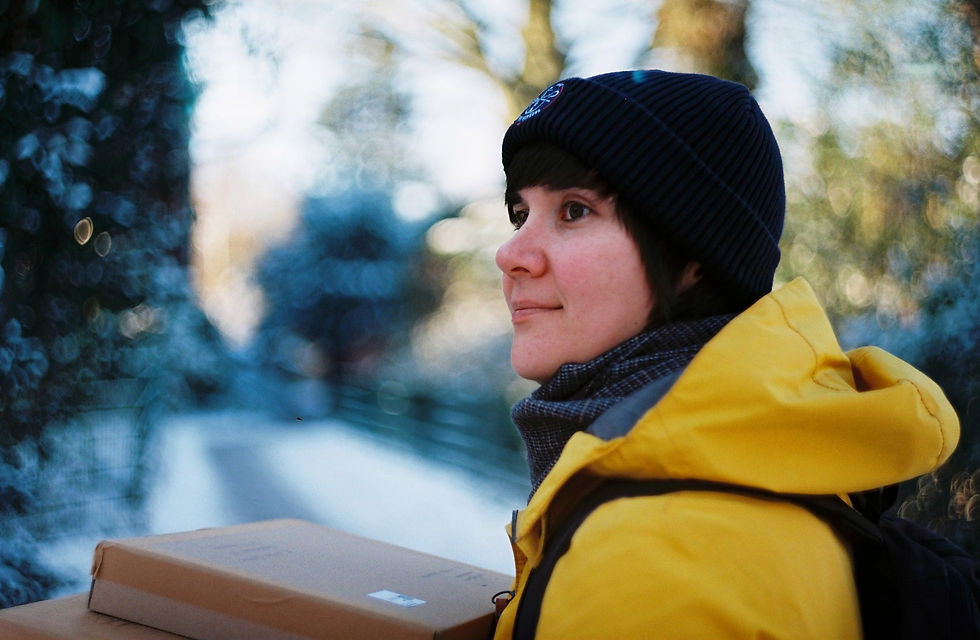Why Are So Many People Moving from Science to Industry?
- Anastasia Karavdina
- Apr 5, 2025
- 3 min read
Updated: Apr 6, 2025

Recently, one of my mentees asked me what the most interesting company to work for might be. That’s a tough one — what’s “interesting” is highly personal. And just because something is interesting today doesn’t mean it will offer great career prospects tomorrow. It also doesn’t guarantee good work-life balance, competitive pay, or any of the other things that might matter to you.
In my late twenties, I made a bold move: I wasn’t sure whether I wanted to stay in academia. But I thought, “If I’m going to leave research, I should at least try working at the LHC — the largest experiment humankind has ever built.” Back then, the LHC was widely known — even outside physics circles — so I figured it wouldn’t hurt to have it on my CV. And it never has! Even today, it still impresses people when I mention it. And yes — it really was an exciting place to work.
I worked on the CMS experiment — one of four at the LHC and among the largest scientific collaborations in the world. CMS is a massive, custom-built particle detector capturing bunches of protons colliding at a rate close to 40 million per second, producing around 1000 Terabyte of data per second. Each component was designed and built by physicists to meet incredibly specific needs.
Working with this unique data required strong skills in both physics and hypothesis testing. With over 5,000 collaborators across 54 countries, I gained deep experience in remote teamwork, data governance, and large-scale coordination.
CMS and its competitor, the ATLAS experiment, operate independently and push each other to achieve discoveries faster — so efficiency was key.
LHC is a fantastic place to learn many things: from software and hardware development and data analysis and storytelling up to project management and leadership.
But it was also the most challenging time in my life. I struggled with imposter syndrome, long hours, constant travel (e.g between Geneva and Hamburg), and the anxiety of short-term contracts with uncertain renewals. Most of my friends in science were under similar pressure — short contracts, tough competition, and very few chances for a permanent position at a top research institute. To be honest, I picked up some unhealthy habits during that time — some of which I’m still working on.
Looking back, I feel like the “interesting” line on my resume came at a high cost. I don’t regret the decision, but I do wish I had known a few things earlier:
That I could be honest with myself about not staying in Academia — and that it’s okay not to perform at 200% all the time.
That talking to people in industry could have helped me understand which skills and tools actually matter there.
That taking a career turn earlier might have saved me a lot of time and stress — just going with the flow can feel easy, but in hindsight, it wasn’t the best use of my time.
Now, as a mentor in Data, I get to support people who’ve decided to take that same turn and transition into industry — and so far, not a single one of them has regretted the move ;)
P.S. In addition to individual mentorship, I also offer group workshops for STEM PhD students and Postdocs exploring careers outside academia. Career Counselors, feel free to get in touch!



Comments